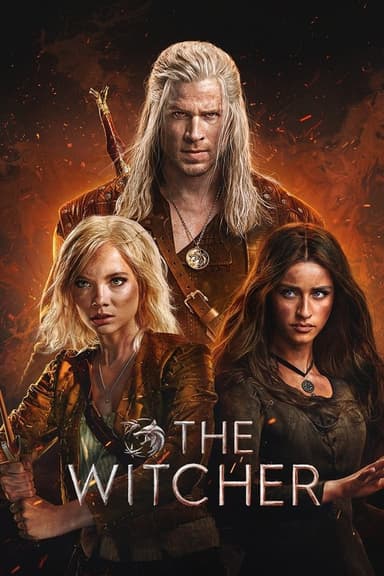
Ancient Love Poetry
2021 • Action & Adventure, Drama, Sci-Fi & Fantasy
The love story between Bai Jue, one of the four true Gods, and Shang Gu. As Shang Gu grows from an inexperienced mortal to a powerful immortal, their bond faces immense challenges. Bai Jue, deeply in love with her, waits for 60,000 years, willing to sacrifice everything to be with her.
Why you should read the novel
The novel 'Ancient God (Shang Gu)' by Xing Ling offers a deeply immersive reading experience rich with original mythology, intricate world-building, and leisurely narrative pacing. The book delves into ancient deities, their relationships, and the fate-shaping events that define their existence with much more complexity and detail than the TV series can provide. Reading the novel allows audiences to connect on a more intimate level with the characters’ inner thoughts, motivations, and personal growth, aspects that often get lost in adaptation.
Furthermore, the literary format provides subtlety, nuance, and philosophical reflections on love, eternity, and sacrifice that are often streamlined or omitted in visual storytelling. The author's evocative writing builds a mystical atmosphere and sense of otherworldliness, presenting the mythic world more vividly and meaningfully. Readers can experience the emotional highs and lows at their own pace, savoring the poetry and metaphors woven throughout the novel.
Fans of romantic fantasy will appreciate how the source material provides greater depth in its character arcs and mythos, offering a more satisfying and comprehensive exploration of ancient immortals’ struggles, relationships, and destinies. For those wanting a richer, more contemplative take on the legendary love story, the original novel is a rewarding, unforgettable journey beyond the screen.
Adaptation differences
One of the most evident differences between the ‘Ancient Love Poetry’ TV series and the original novel ‘Ancient God (Shang Gu)’ is the narrative scope and pacing. The series condenses and restructures the chronology of events, often skipping or abbreviating significant plotlines and background stories present in the book. This faster pace means some characters’ development and motivations are either simplified or altered to fit the episodic format, impacting the depth with which relationships are explored.
Another difference lies in the characterization and portrayal of the deities, especially the main characters, Shang Gu and Bai Jue. In the novel, Shang Gu’s journey from naive, carefree deity to a wise and sacrificial figure is gradual and nuanced, delving deep into her internal struggles. The TV show, however, sometimes prioritizes dramatization and spectacle over these subtleties, occasionally altering character reactions and focusing on external conflicts rather than inner transformation.
The adaptation also introduces new subplots, secondary characters, and dramatized romantic elements to cater to television audiences and themes of commercial appeal. These changes can shift the narrative focus away from the mythological and philosophical foundations that the novel explores in depth. Certain scenes and mythic lore that define the world-building in the book are either omitted or heavily modified for clarity and brevity on screen.
Finally, the conclusion and key events are portrayed differently between the book and the series. While the novel’s ending embraces ambiguity, tragedy, and poetic closure, the TV adaptation often opts for a more audience-pleasing and hopeful resolution. This adjustment changes the emotional resonance of the story, making the television ending feel more conventional and less reflective of the novel’s original tone and intent.
Ancient Love Poetry inspired from
Ancient God (Shang Gu)
by Xing Ling











